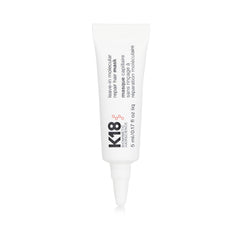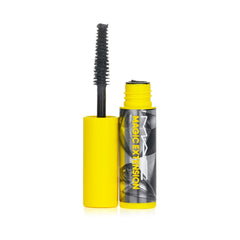What You Need To Know About The 2 Types of SPF
Like many skincare products, the UVA/UVB SPF world of sun protection can be confusing, and there is a lot of, often, misleading information out there about the various types of sunscreens and which is best.
Natural? Physical? Mineral? Chemical? What do these words actually mean? The short answer is, the best SPF, is the one that you will happily and comfortably wear everyday, all year round, obviously provided it has adequate UVA/UVB sun protection (in my dermatologists words).
And remember to apply SPF daily, apply SPF as the last step in your skincare regimen and before your makeup, re-apply during the day and finally apply abundantly, a good guide is 2 finger lengths worth!
What Are Physical Sunscreens?
When it comes to physical sunscreens think active mineral ingredients, such as titanium dioxide or zinc oxide, which work by sitting on top of the skin to deflect and scatter damaging UV rays away from the skin. They offer protection against both UVA and UVB and you may also hear them being referred to as mineral sunscreen.
Physical SPF’s are perfect for everyone, but particularly useful for those of us with sensitive skin as they are less likely to irritate skin. It is important to note that physical sunscreens have come a long way from their chalky, white, hard-to-spread predecessors! These days they come in super elegant formulations that often provide a gorgeous tint and glow.
Skin Ceuticals Protect Mineral Matte UV Defense SPF 30
EltaMD UV Physical Water-Resistant Facial Sunscreen SPF 41 (Tinted) - For Extra-Sensitive & Post-Procedure Skin
Skin Ceuticals Protect Sheer Mineral UV Defense SPF 50
Avene Very High Protection Mineral Fluid SPF 50+
EltaMD UV Clear Facial Sunscreen SPF 46 - For Skin Types Prone To Acne, Rosacea & Hyperpigmentation
What Are Chemical Sunscreens?
Chemical sunscreens contain compounds that basically create a chemical reaction and work by changing UV rays into heat, then releasing that heat from the skin. Chemical sunscreens tend to have a thinner consistency and, therefore, spread very easily on the skin, making them very wearable on a daily basis.
La Roche Posay Anthelios Ultra Resistant Hydrating Cream SPF 50+
Skin Ceuticals Protect Ultra Facial Defense SPF 50+
Avene B-Protect SPF 50+ - For Sensitive Skin
La Roche Posay Anthelios XL Non-Perfumed Dry Touch Gel-Cream SPF50+ - Anti-Shine
So, if you’re using physical blockers, you want them to be zinc oxide based (over titanium dioxide). Zinc is an anti-irritant and well tolerated by sensitive skin types. Zinc oxide also provides the most complete UVA protection (while titanium dioxide is weaker in UVA protection).
But you also need UVB protection. Enter chemical blockers. If your skin tolerates both forms, use a combo sunscreen to get the best of both worlds and the best protection.
Shop the report:













